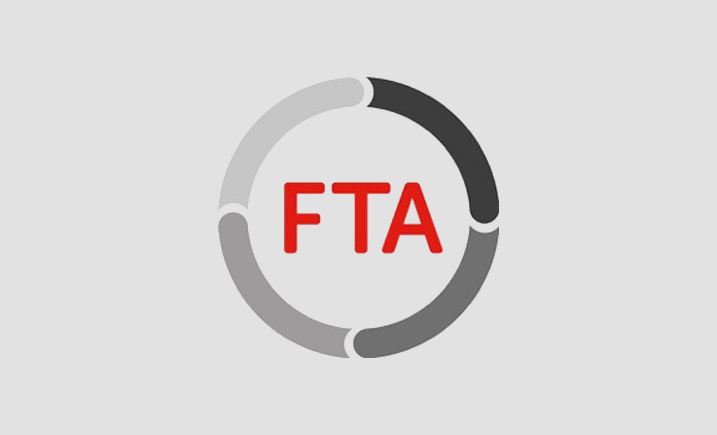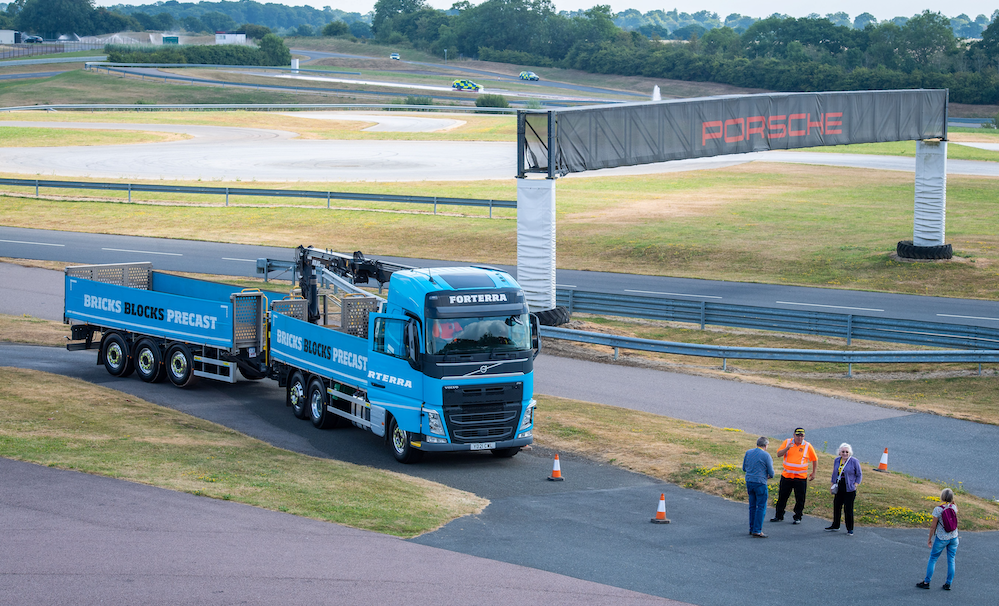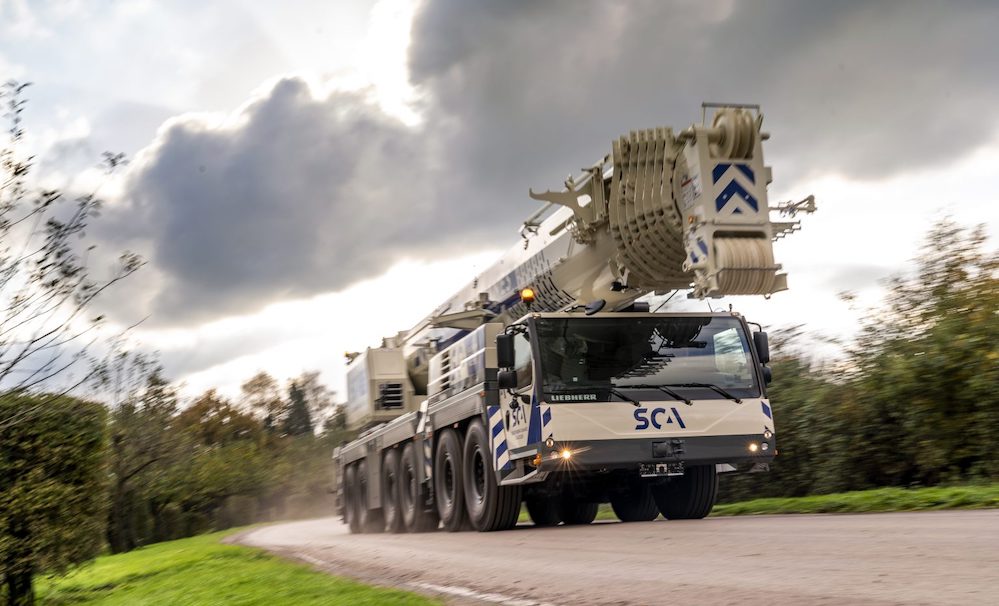The European Commission’s latest round of proposals to improve emissions and operational safety of HGVs have been welcomed by the Freight Transport Association (FTA), the largest and most active membership association in the UK logistics sector. The EU’s third mobility package, released on 17 May 2018, contains proposals on C02 standards for new HGVs and direct vision standards for trucks.
“The proposed requirements for new vehicles announced in the EU’s third mobility package would massively assist the logistics industry in its efforts to improve safety and reduce emissions, whilst keeping Britain supplied with the hundreds of thousands of tonnes of goods in needs to function every day,” said FTA’s Christopher Snelling.
“Operators are already committed to reducing the impact of the industry on the environment, by lowering emissions, and improving safety for all road users, so providing that the EU’s additional requirements do not prevent lorries from doing the full range of jobs that our society needs of them, the new proposals represent a positive step for all concerned.
“Regarding safety, FTA is not convinced that, in 2025, increased direct visions will be the best way to make lorries safer – technological solutions such as autonomous emergency braking will do much more. However, setting a standard cannot hurt, as long as vehicles do the job we need them to do it is not a problem.
“Above all FTA supports this regulatory process as the right way to bring about change in the road haulage world. Controlling the shape of new trucks can deliver massive change without disproportionately disrupting small businesses that rely on second hand vehicles. It will take only a few years to filter through to the whole market and you would start to see real change from the very start.”
“FTA’s members are certain that this method of managed change on emissions and vehicle safety is preferable to one in which local authorities such as London take regulation into their own hands, threatening the ability of small businesses to operate.”
Efficient logistics is vital to keep Britain trading, directly having an impact on more than seven million people employed in the making, selling and moving of goods. With Brexit, new technology and other disruptive forces driving change in the way goods move across borders and through the supply chain, logistics has never been more important to UK PLC. A champion and challenger, FTA speaks to government with one voice on behalf of the whole sector, with members from the road, rail, sea and air industries, as well as the buyers of freight services such as retailers and manufacturers.








